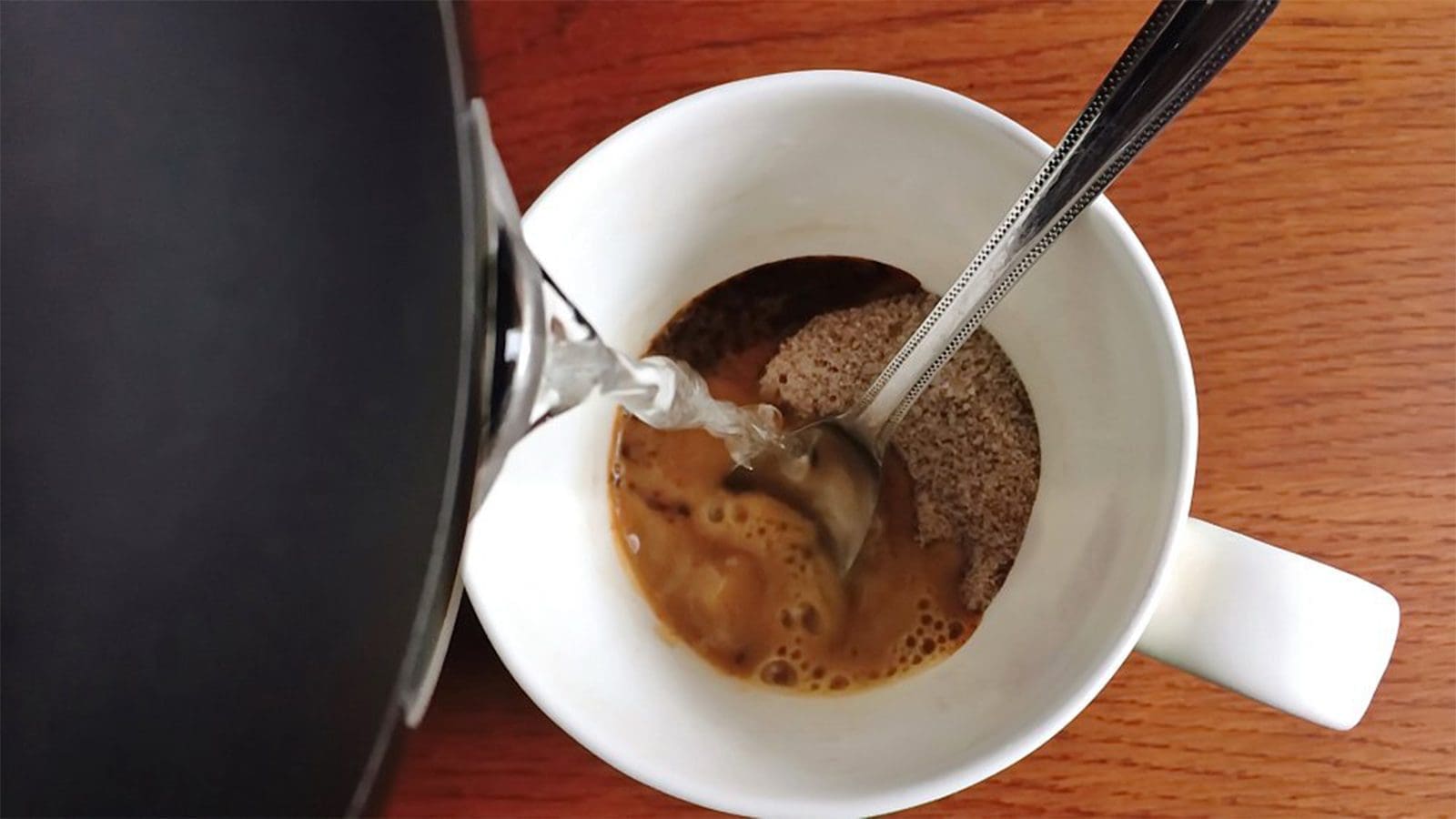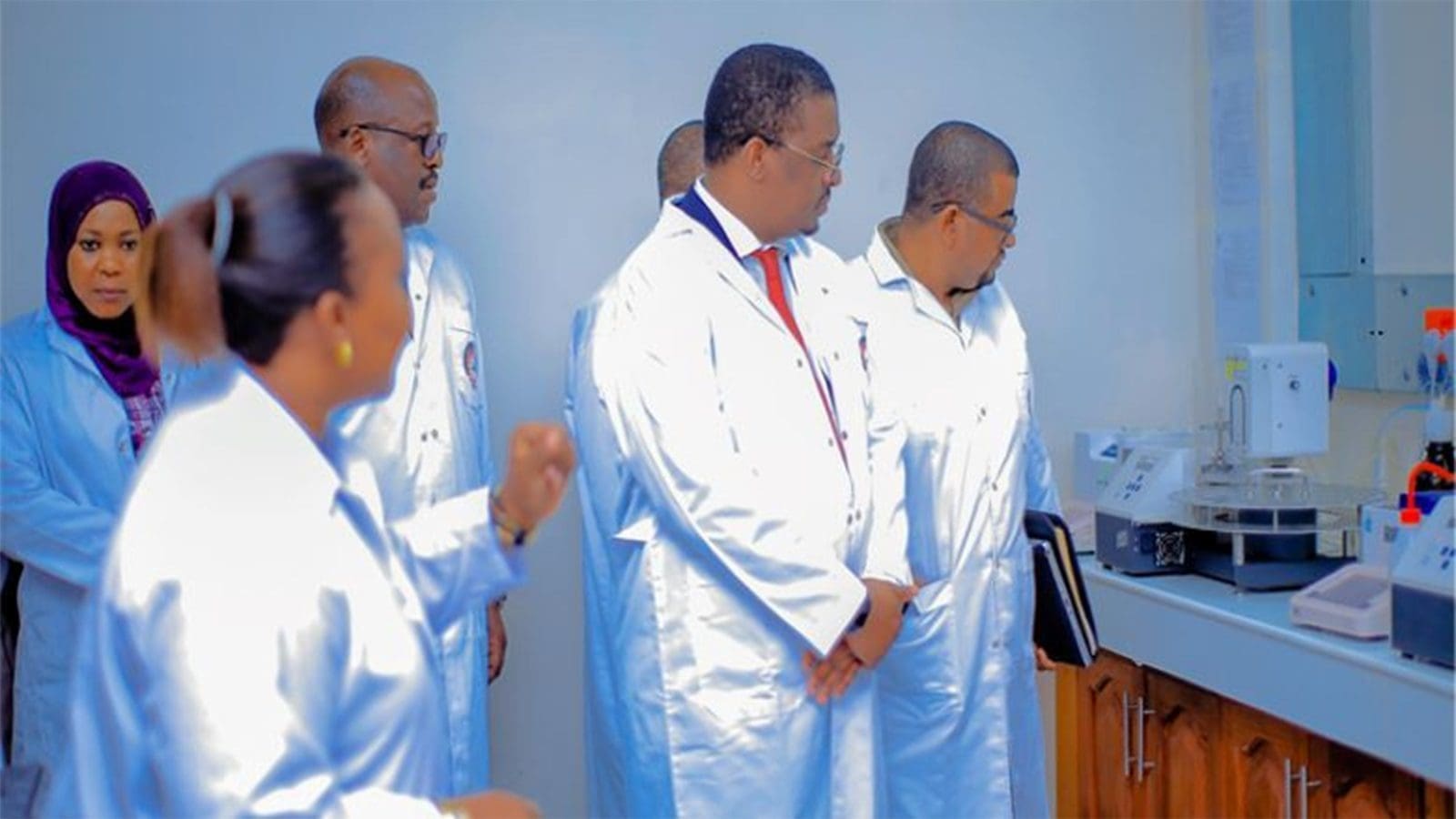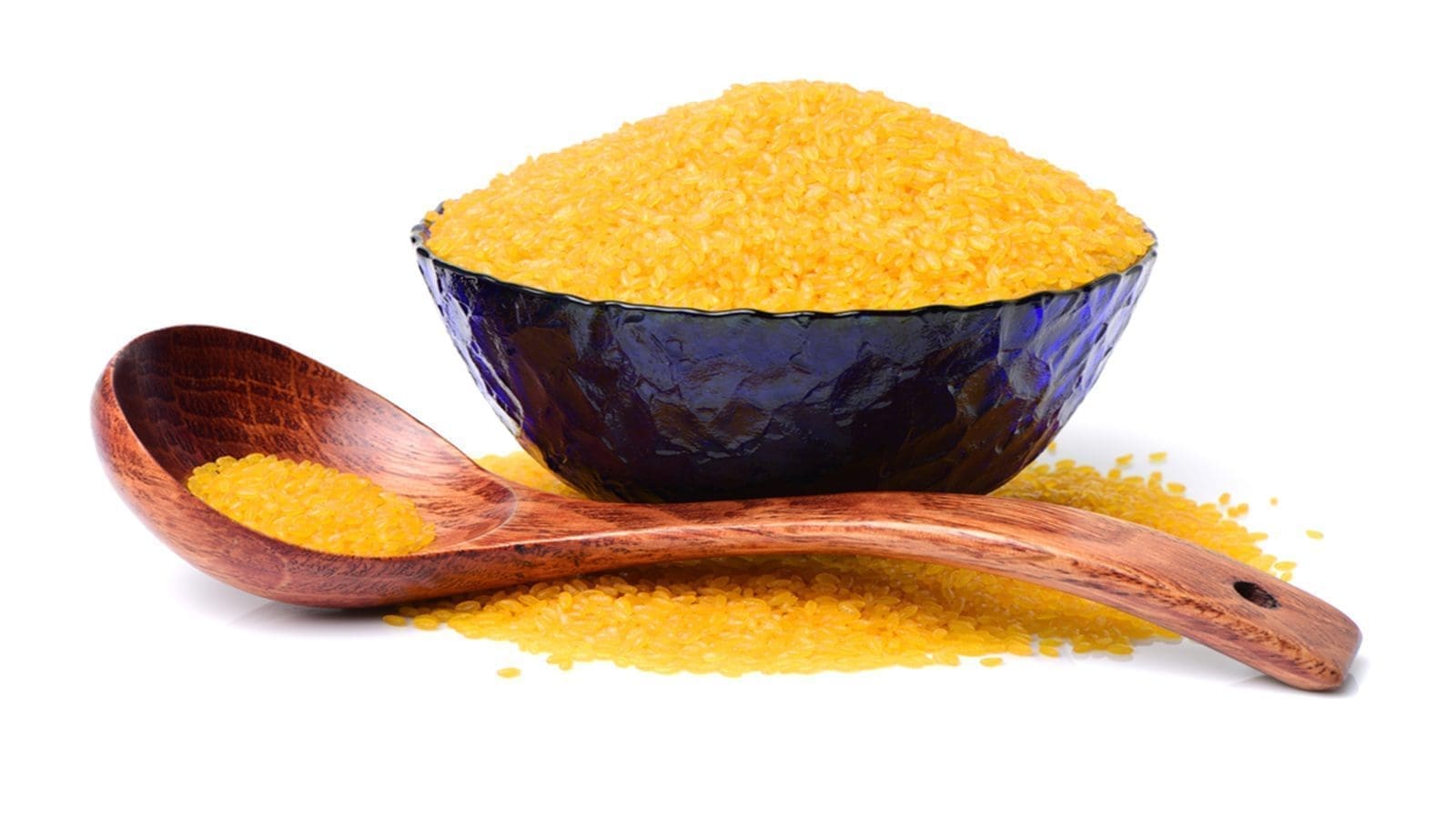GERMANY – Laboratory service providers bilacon and QSI are establishing a new method to verify the authenticity of instant coffee, which has been subject to economically motivated adulteration.
Soluble coffee, or instant coffee, is dried coffee extract in powder form that is infused with hot water. According to Directive 1999/4/EC, the extract may only be obtained from roasted coffee beans using water.
The main component of coffee beans are carbohydrates. Hence, authenticity can be verified by free and total sugar content.
The ISO 11292:1995 regulates the method of analysis by high performance anion exchange chromatography (HPAEC).
An aqueous extraction of the free carbohydrates and hydrolysis of the carbohydrates in the coffee sample are prepared. Then, the carbohydrates are quantified by high-performance anion-exchange chromatography/pulsed amperometric detection (HPAEC-PAD).
The evaluation of the results is carried out according to ISO 24114:2011, which regulates the criteria for the authenticity of instant coffee.
Free fructose, total glucose and total xylose, which are considered indicator carbohydrates, are of particular interest for the verification of the authenticity.
If the maximum allowable concentration of these indicator carbohydrates is exceeded, the instant coffee is considered to be adulterated. The processing time is 5 working days.
Part of the Tentamus Group of laboratories, QSI is an accredited laboratory that provides a comprehensive range of analyses for foodstuff which is focused, among other products, on honey, coffee, tea.
In addition to physico-chemical tests, their more than 60 years of expertise also includes sensory tests by trained panels, declaration tests, consulting as well as training and audits.
Bilacon is also a part of the Tentamus Group of laboratories and deals in microbiological, chemical or instrumental analytics of goods, raw materials and products.
Coffee a target for food fraudsters
Coffee has become an increasingly common target for food fraudsters, with low quality ground coffee beans adulterated with filler ingredients such as corn, barley, wheat, soybeans, rice, beans, acai seed, brown sugar or starch syrup.
One of the main drivers has been a reduction in coffee bean output thanks to poor harvests in some key producers such as Brazil.
There have also been examples of completely artificial counterfeit coffees, including an incident in Vietnam in 2015 involving a substitute that smelled and tasted like coffee but was found on analysis to contain toxic heavy metals.
In 2014, scientists at the State University of Londrina developed a more accurate, quantitative way to measure coffee purity, using high-performance liquid chromatography (HPLC) to measure the levels of different carbohydrates in a sample.
Instant coffee retains many of the health benefits associated with regular coffee. It contains many antioxidants, potentially even more than regular coffee due to the brewing process, according to Healthline.
Studies show it also may contribute to improved brain function and increased metabolism. Coffee drinkers are also less likely to develop certain neurodegenerative diseases, such as Alzheimer’s and Parkinson’s, and are at less risk of diabetes and liver diseases such as cirrhosis and liver cancer.
Liked this article? Subscribe to Food Safety Africa News, our regular email newsletters with the latest news insights from Africa and the World’s food safety, quality and compliance. SUBSCRIBE HERE








